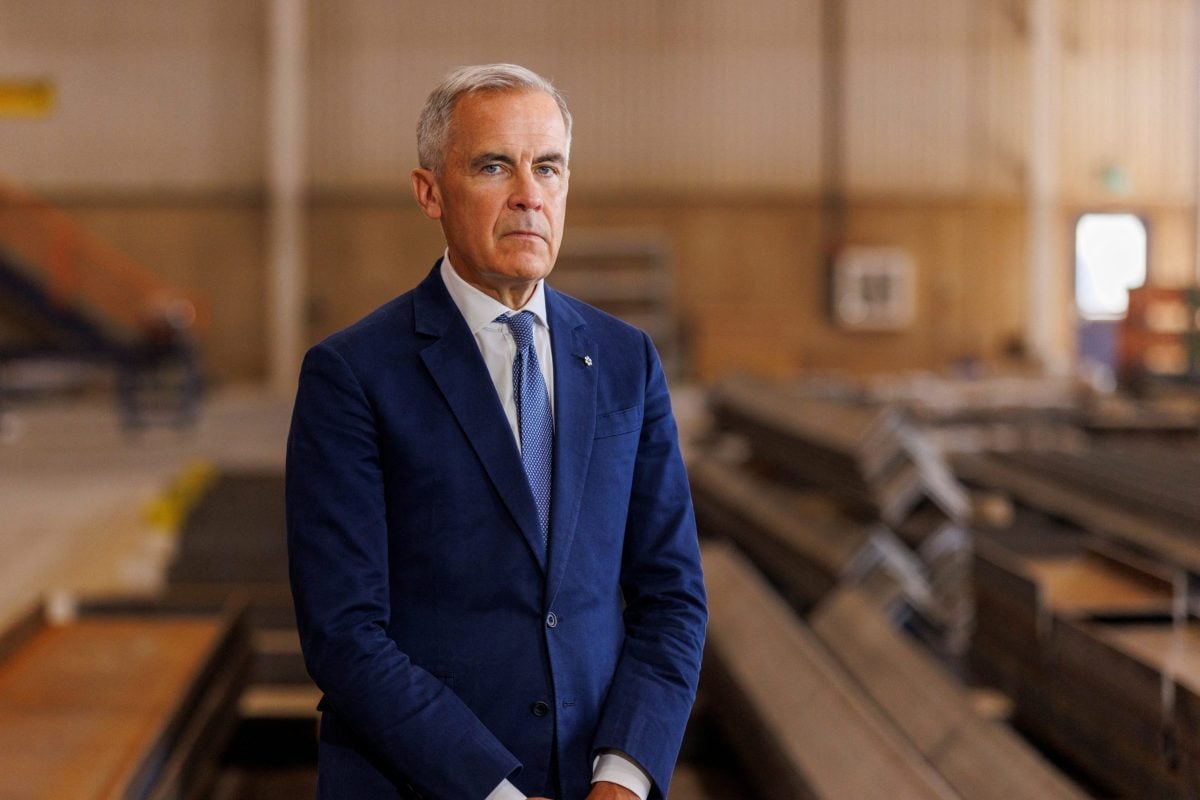[UPDATED] London | Reuters—Britain’s farmers union gave Thursday’s U.S.-UK economic deal a mixed reception, welcoming the retention of British food standards on U.S. imports and reciprocal market access for beef, but flagging concern over a removal of tariffs on bioethanol.
The deal gave UK a U.S. quota for beef of 13,000 metric tonnes, which the country’s National Farmers Union said was a positive. Under the deal, U.S. farmers will have the same quota for sales into Britain.
Crucially there will be no weakening of UK food standards on U.S. beef imports, which was a red line for the union and an election manifesto pledge for the Labour government. That means U.S. beef bred with growth hormones still won’t be allowed into the UK.
Read Also

Carney visits Asia to forge new alliances and reduce U.S. dependence
Canada’s Prime Minister Mark Carney embarks on his first official visit to Asia on Friday in an attempt to deepen trade and security ties at a time when the North American country is struggling to lessen its overwhelming dependence on the U.S. and redefine its foreign policy in pursuit of new markets.
“We appreciate the government’s efforts in listening to our concerns, particularly around maintaining high standards, protecting sensitive agricultural sectors and securing reciprocal access for beef,” NFU President Tom Bradshaw said.
Deal will ‘exponentially increase’ beef exports, says Rollins
Brooke Rollins, U.S. Secretary of Agriculture, said the deal would “exponentially increase” U.S. beef exports to Britain.
However, with little price differential between British produced beef and U.S. beef that does meet UK standards, the U.S. product could struggle to find a UK market.
Finding favour with the UK consumer may also be a tough task. Currently all fresh beef sold by Britain’s two biggest supermarket groups – Tesco and Sainsbury’s is British and Irish.
Bradshaw also said he was concerned that the U.S. had been given full access to Britain’s market for bioethanol, which is used to produce beer.
“Two agricultural sectors have been singled out to shoulder the heavy burden of the removal of tariffs for other industries in the economy,” he added.
Progress welcomed
The United States has been under pressure from investors to strike deals to de-escalate its tariff war after Trump’s often chaotic policymaking upended global trade with friends and foe alike, threatening to stoke inflation and start a recession.
Top U.S. officials have engaged in a flurry of meetings with trading partners since the president on April 2 imposed a 10 per cent tariff on most countries, along with higher rates for many trading partners that were then suspended for 90 days.
The U.S. has also imposed 25 per cent tariffs on autos, steel and aluminum, 25 per cent tariffs on Canada and Mexico (for goods not covered under the CUSMA trade agreement), and 145 per cent tariffs on China. U.S. and Chinese officials are due to hold talks in Switzerland on Saturday.
Jake Colvin, president of the National Foreign Trade Council in the U.S., welcomed the progress. “Businesses will be looking to see the extent to which an agreement removes President Trump’s tariffs, addresses longstanding U.K. irritants and provides guarantees against future tariff hikes.”
—Reporting by Alistair Smout, Andrew MacAskill, Andrea Shalal, James Davey and Sachin Ravikumar












